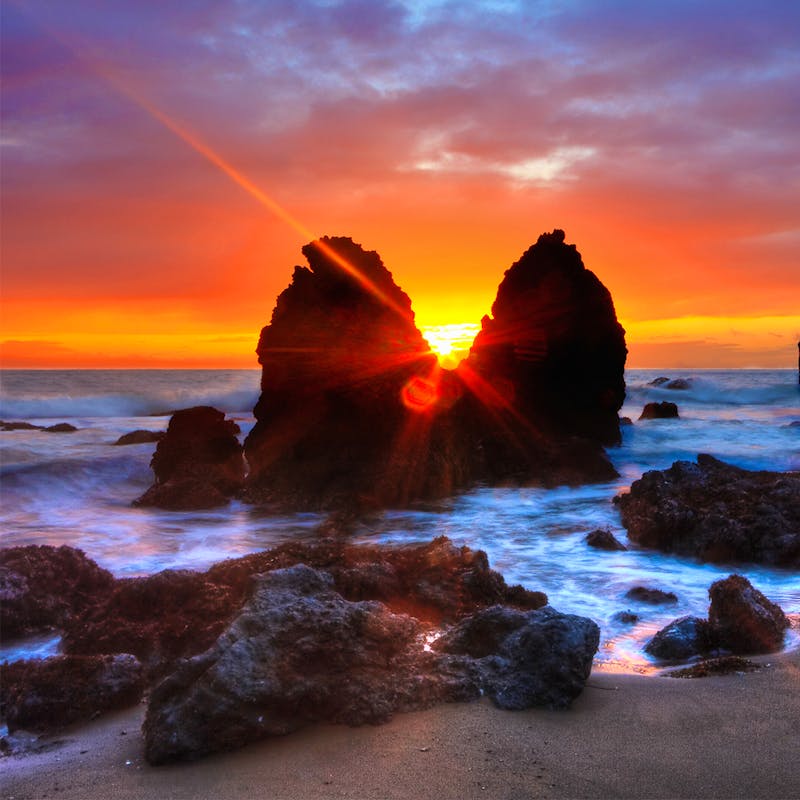Today, Defenders of Wildlife called on President Biden to immediately put a stop to the illegal harvest of horseshoe crabs at Cape Romain National Wildlife Refuge in South Carolina. Every year, contractors for a $16 billion biomedical company, Charles River Laboratories, poach tens of thousands of crabs from the refuge for the company to drain their blood. The harvest takes place on U.S. Fish and Wildlife Service (FWS) land despite the documented threat it poses to many imperiled species at the refuge. The harvest is currently underway.
Jamie Rappaport Clark, Former president and CEO of Defenders of Wildlife, issued the following statement:
“The commercial exploitation of Cape Romain National Wildlife Refuge and the wildlife that depend on it must end immediately. The National Wildlife Refuge System was created to provide a haven for wildlife, not to generate profits for multi-billion dollar pharmaceutical corporations. By turning a blind eye to the ongoing pillaging of Cape Romain, the FWS has turned its back on its mission and is condoning putting the fragile species they are entrusted to protect in greater jeopardy. We urge the Biden administration to do the right thing and immediately stop the harvest.”
Background:
- Each spring, contractors for Charles River Laboratories journey to Cape Romain when horseshoe crabs come on to the beaches to lay their eggs. The harvesters collect tens of thousands of the crabs and bring them to a facility in Charleston, SC where their hearts are punctured and a third of their blood is drained. The blood is used in the biomedical industry to detect bacteria, despite the availability of a synthetic alternative to the species’ blood.
- The blood harvest kills hundreds of horseshoe crabs each year, and leaves others so lethargic they are unable to produce eggs. A host of migratory birds and other species rely on the eggs to survive, including the rufa red knot, a shorebird listed under the Endangered Species Act.
- Red knots, which fly over 9,300 miles from Tierra del Fuego to the Arctic Circle each spring, stop at Cape Romain to replenish their energy on horseshoe crab eggs so they can complete the journey. Without this critical refueling, many of the birds won’t make it. The increasing scarcity of horseshoe crab eggs is a primary reason for their decline.
- Though a federal judge recently issued a preliminary injunction stopping the harvest—citing the “irreparable harm” caused—a panel of judges on the 4th Circuit granted a stay last week allowing it to continue.
For over 75 years, Defenders of Wildlife has remained dedicated to protecting all native animals and plants in their natural communities. With a nationwide network of nearly 2.1 million members and supporters, Defenders of Wildlife is a leading advocate for innovative solutions to safeguard our wildlife for generations to come. To learn more, please visit https://defenders.org/newsroom or follow us on X @Defenders.
Media Contact
News

Defenders Stands Against Rejection of Bison Grazing Lands



